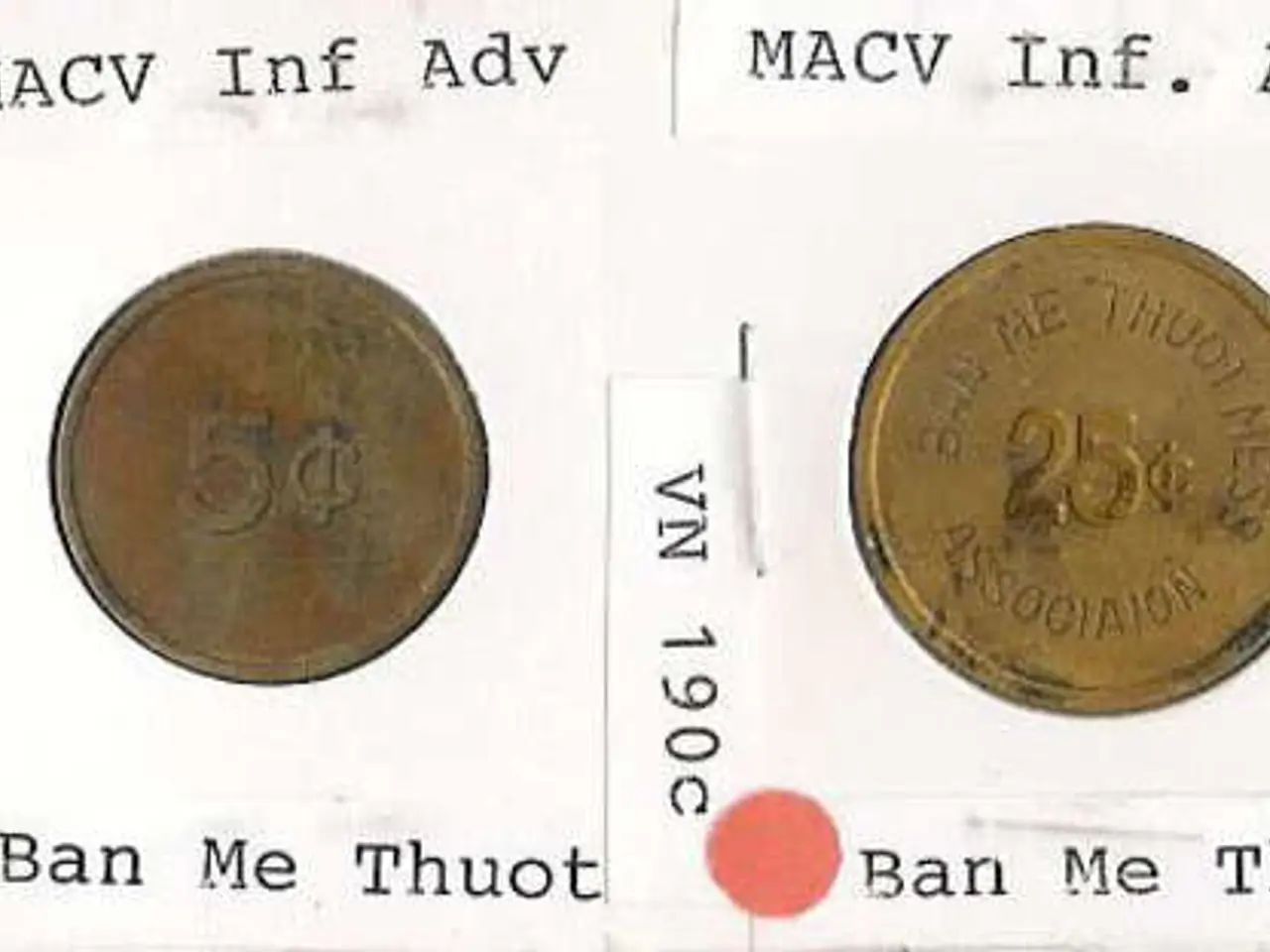Implementing Trump's "Anti-Woke AI" Decree: Essential Actions for Tech Firms Immediately
On July 26, 2025, President Trump signed an executive order aimed at blocking "woke AI" from being used in government applications. This order has significant implications for the tech industry, particularly for tech giants like Amazon, Microsoft, and Google, as government contracts account for a substantial portion of their AI revenue.
The executive order mandates that AI companies vying for government contracts must demonstrate robust content moderation capabilities to filter out content deemed "woke" or politically biased. This includes references to diversity, equity, inclusion (DEI), and climate change, which are broadly labelled as "woke Marxist lunacy."
Implications and Challenges:
- Regulatory Burden and Compliance Costs Companies must develop and deploy new filtering layers and quality assurance processes to demonstrate compliance with vague and politically charged standards. The need to certify AI tools as free from “ideological bias” will increase development cycles, testing complexity, and legal scrutiny. This adds costs and forces companies to dedicate resources toward ideological auditing and filtering rather than purely technical improvements.
- Innovation Impact The directive risks curbing innovation by excluding or limiting otherwise advanced AI models that incorporate bias mitigation strategies or acknowledge realities like climate change and systemic inequities. This ideological filtering may also reduce the diversity of ideas and outputs AI systems can produce, affecting their utility and reliability.
- Industry and Market Effects The order complicates government procurement and may deter some vendors unwilling to politicize their product design or accept subjective restrictions. It may create a bifurcated AI market: one that complies with stringent government ideological filters and another that serves commercial or international customers without such constraints. This might hinder U.S. competitiveness by limiting the scope of AI innovation adopted in federal contexts, potentially undermining efforts to achieve "global dominance" in AI.
- Free Speech and Ethical Concerns Critics argue the order effectively enforces censorship within AI systems, mandating companies to suppress certain viewpoints or facts inconsistent with the administration’s ideology. This raises First Amendment issues and ethical questions about government-driven content control in AI and the narrowing of informational access through filtered AI outputs.
Proponents of the executive order believe it is a necessary step to counter perceived biases in AI and ensure that government-deployed systems reflect a balanced range of viewpoints. Much will depend on how strictly the government enforces the content moderation requirements and how tech companies choose to respond. Those that fail to adapt risk being left behind in an industry that waits for no one.
References:
[1] Academic research on AI bias and content moderation. [2] Proponents of the executive order. [3] Critics of the executive order. [4] Ethical concerns and First Amendment issues.
- The executive order introduces challenges for businesses in the tech sector, as they must adapt to new content moderation requirements imposed by the government.
- The mandate requires companies to develop frameworks for filtering out AI content deemed "woke" or politically biased, which may add regulatory burden and compliance costs.
- The order may stifle innovation within the AI industry, potentially excluding or limiting advanced models designed to address issues like climate change and systemic inequities.
- There are concerns that government-imposed ideological filters could discourage some tech companies from competing for government contracts, leading to market fragmentation.
- The order raises free speech and ethical concerns, as critics argue it enforces censorship within AI systems and mandates companies to suppress certain viewpoints.
- Proponents of the executive order believe it is essential for balancing viewpoints within government-deployed AI systems, while its enforcement and the industry's response will be crucial determinants of its impact.
- References for academic research on AI bias, opinions from proponents and critics of the executive order, ethical concerns, and First Amendment issues are available for further exploration.




